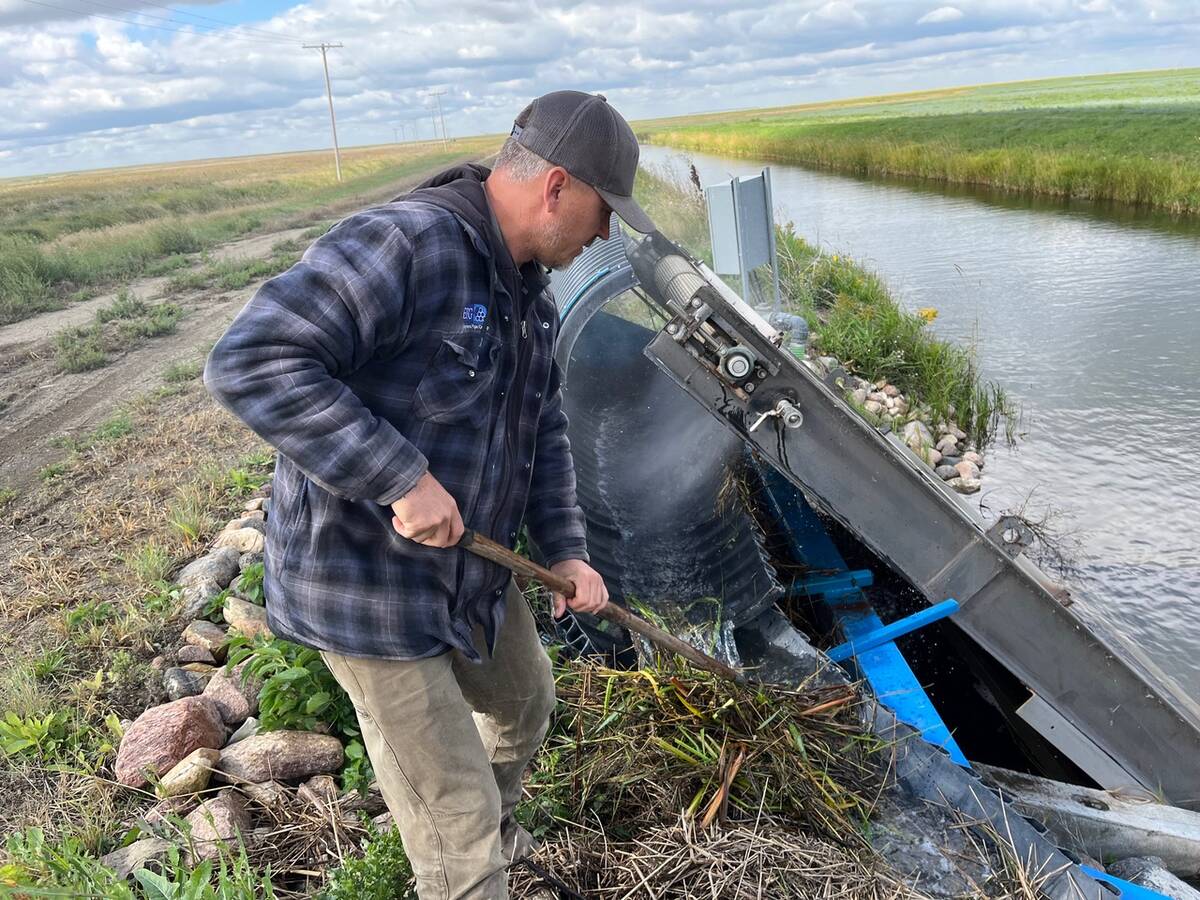Canadian cattle producers say trade talks with the European Union hold promise for them but only if beef isn’t carved out of the negotiations.
Travis Toews, vice-president of the Canadian Cattlemen’s Association and chair of the foreign trade committee, said the EU could be a strong number two market behind the United States.
However, he expressed concern that beef could be cut from a Canada-EU deal because of European concerns about implants and other technical issues.
“Our intelligence tells us that beef is a very sensitive product in Europe and … that beef will likely be the first one that Europe will carve out,” he told federal agriculture minister Gerry Ritz during the CCA semi-annual meeting in Regina.”Obviously we don’t want to be traded off for any other sector in agriculture.”
Read Also

Saskatchewan farmer uses tile drainage to manage water
The integration of both irrigation and tile drainage results in higher yields, water efficiency, improved soils and less nutrient runoff, says one producer.
Last fall, the World Trade Organization ruled the EU could continue to ban beef treated with growth hormones but that the U.S. and Canada could also maintain their retaliatory tariffs.
For years, Canada and the U.S. had shared an 11,500 tonne quota for beef produced without hormones.
Earlier this year, however, the U.S. negotiated a new quota in exchange for removal of $38 million in tariffs. That quota is 20,000 tonnes for the first three years, rising to 40,000 tonnes.
Canada’s share would be 1,000 to 1,500 tonnes, rising to 3,000 tonnes. Industry officials have said that is discriminatory.
Under WTO obligations, the EU is to divide its import quota of high quality beef among Australia, Argentina, Canada, Uruguay and the U.S. Several countries have complained the deal will cut them out of the market.
“Our quota needs to be in addition to the U.S. quota and we need to be able to access it,” Toews said during committee discussion, referring to the hormone issue.
He said retaliatory duties should not be reduced or removed until technical issues are resolved.
Ritz assured Toews that the negotiation mandate is to include all agricultural products.
“We also know that the EU has still got a mindset that is very much against implants of any kind,” Ritz said.
“We have won the challenge in that regard.”
Technical issues include inconsistencies between what Canada and the U.S. are permitted to do in terms of carcass washing.
Mark Klassen, CCA director of technical services, said the EU will accept steam pasteurization but most Canadian plants use hot water. The concern comes from the practice of recycling the water.
The parameters for the negotiations should be ready by late fall. John Masswohl, director of government and international relations for the CCA, told the trade committee that the first round will be held in Ottawa in October, followed by a second round in Belgium in February.
Provinces will be part of the negotiations.
Toews added that Canadian cattle producers have to be vigilant throughout the discussion to make sure European regulatory systems aren’t imposed on them. He said he was “very interested in trade opportunities, very disinterested in assuming their regulatory system.”

















